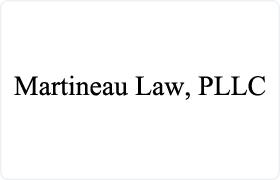Fort Mcdowell Estate Lawyer, Arizona
Sponsored Law Firm
-
 x
x

Click For More Info:
-
Martineau Law, PLLC
4445 E Holmes Ave Suite 106 Mesa, AZ 85206» view mapAccident & Injury, Estate, Nursing Home, Immigration Proudly Serving Maricopa County
Joseph Martineau has a track record of successful cases.
800-935-4021
Joseph Stanley Martineau
✓ VERIFIEDAccident & Injury, Medical Malpractice, Nursing Home, Estate, Children's Rights
Joseph Martineau is a practicing lawyer in the state of Arizona. Attorney Martineau received his J.D. from the Brigham Young University, J. Reuben Cla... (more)
Mark Atchley
✓ VERIFIEDBankruptcy & Debt, Estate, Social Security -- Disability, Power of Attorney
While attempting to keep to a budget and redistribute debt payment in order to keep your family fed or run your business, bills will continue to pile ... (more)
Aaron Clark Huber
Real Estate, Dispute Resolution, Estate, Employment
Status: In Good Standing Licensed: 16 Years
Arnold Hirsch
Estate, Personal Injury, Car Accident, Accident & Injury
FREE CONSULTATION
CONTACTArnold Norman Hirsch
Wills, Estate, Personal Injury, Accident & Injury
Status: In Good Standing Licensed: 46 Years
 Joseph Martineau Mesa, AZ
Joseph Martineau Mesa, AZ Practice AreasExpertise
Practice AreasExpertise


